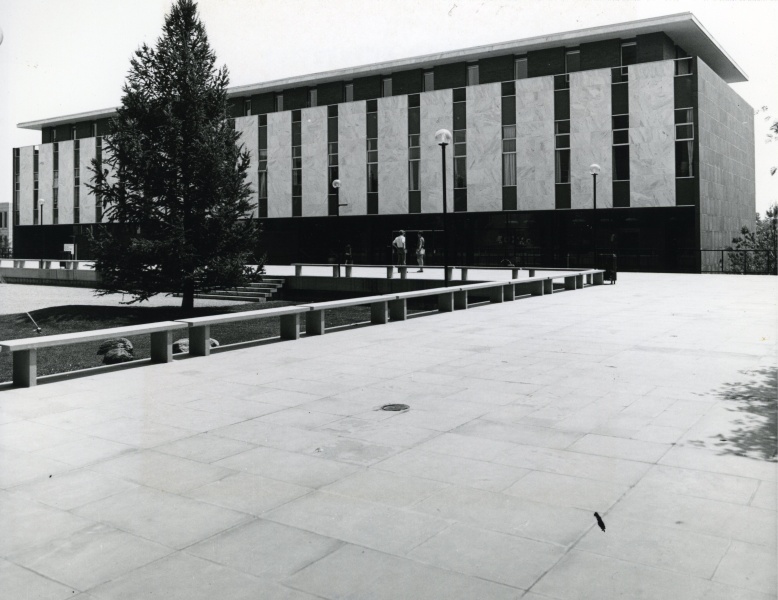PDF
Ground for common action: Violet McNaughtons Agrarian feminism and the origins of the farm womens movement in Canada. Item Info
- Title:
- Ground for common action: Violet McNaughtons Agrarian feminism and the origins of the farm womens movement in Canada.
- Creator:
- Taylor, Georgina M.
- Date Created:
- 1997
- Degree Awarded:
- Doctor of Philosophy
- Subjects:
- Mcnaughton, Violet, 1879-1968 Feminism Women Suffrage Women In Agriculture Medical Care Rural Women History
- Geographical Focus:
- Canada
- Supporting Materials:
- n/a
- Description:
- This thesis is a study of Violet McNaughton's agrarian feminism and its impact on the origins of the farm women’s movement in Canada in the years up to 1918. It traces the development of her feminism, an indigenous prairie feminism rooted in the work of farm women, on small family farms of commodity producers, during the developmental stage of agriculture on the Canadian prairies. By finding “ground for common action' her particular kind of feminism, co-operative agrarian feminism, enabled her to play a leading role in the origins of the farm women’s movement in Canada. By 1918 she was the most influential farm woman in Canada. The thesis begins by looking at the impact of her life in radical North Kent, from 1879 to 1909. She came to Canada as a feminist supporter, with radical ideas about class and a knowledge of co-operatives. A Kentish country school teacher, she brought Edwardian enthusiasm and an open-minded attitude to her brother’s homestead in the Hillview farm district near Harris, Saskatchewan. Her experiences as a settler in Hillview and her 1911 operation turned her into a feminist activist and led her to begin developing an agrarian feminist ideology. She married John McNaughton, a homesteader from New Zealand and they formed a working partnership to organize the Hillview Grain Growers, one of the Saskatchewan Grain Growers’ Association (SGGA) locals that opposed the SGGA conservative leadership. Unlike their opponents, the McNaughtons linked a belief in government intervention in the economy with radical democratic ideas and they identified with the working class. They also linked the need for class equality with the need for gender equality and an end to war and militarism. McNaughton organized the Hillview Women Grain Growers in which she practised her agrarian feminist approach at a local level. McNaughton’s agrarian feminism developed as she organized the provincial Women Grain Growers (WGG), a new kind of farm women’s group. The WGG became the pattern for the women's sections of the United Farm Women in other provinces. These groups became a new stream in the farm women'’s movement, along with the Homemakers and the Women’s Institutes. McNaughton’s feminism was rooted in her life as a farm woman and the belief that the work of farm women was necessary for the nation. Therefore they should have a say in the nation’s business and should be able to live well. McNaughton'’s feminism matured as she and the WGG worked for numerous reforms and as they campaigned for women’s suffrage and for "medical aid within the reach of all" farm women and their families. This campaign eventually led to medicare. The final section of the thesis examines McNaughton’s inclusions and exclusions from the agrarian community .
Source
- Preferred Citation:
- Taylor, Georgina M.. Ground for common action: Violet McNaughtons Agrarian feminism and the origins of the farm womens movement in Canada.. 1997. Carleton University, Doctor of Philosophy.
- Reference Link:
- https://cuhistory.github.io/grads/items/hist_208.html
Rights
- Rights:
- Copyright the author, all rights reserved, unless otherwise indicated.

